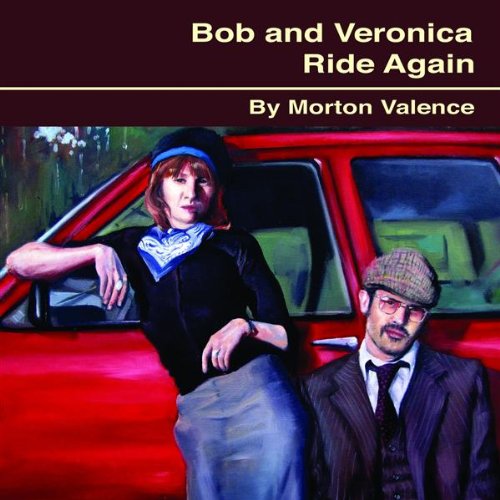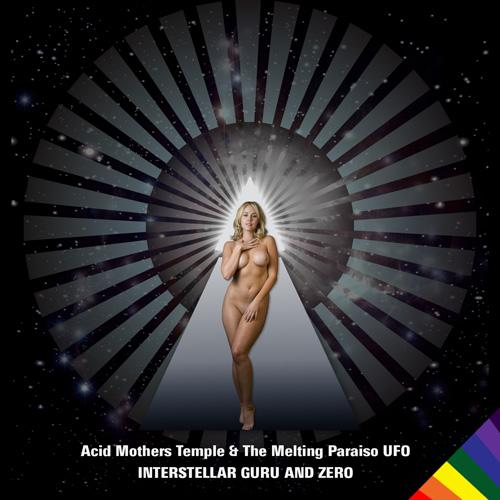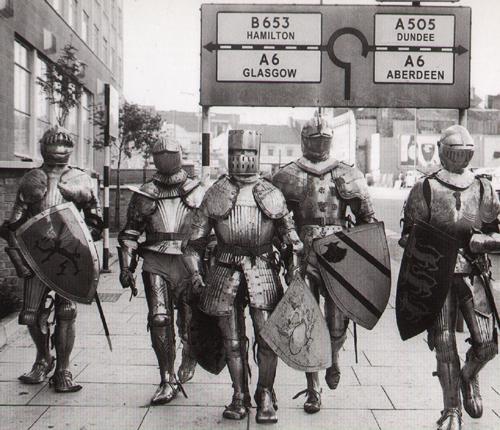This is a recent article PM wrote for The Quietus. It’s great. Part 2 tomorrow, and then BRIAN MAY’S RESPONSE TO THE ARTICLE on Monday. I know.
Just a note, the DVD timings refer to the standard DVD release of the film, which you can get here if you want to follow along.
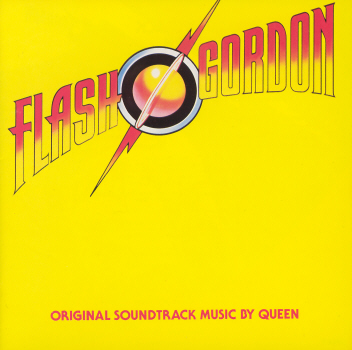
When, in 1980, Queen were commissioned to soundtrack a high-camp movie adaptation of Alex Raymond’s comic strip Flash Gordon, few would have expected it to be quite such an accomplished work. Indeed, even fewer thought it was worth considering as a proper Queen album, with only two of its tracks featuring a Freddie Mercury vocal. What separates this work from other soundtrack recordings is its relative complexity compared with much popular music, and its relative simplicity and clarity of expression compared with most action film scores. The OST holds an interesting place in Queen’s back-catalogue as well; at times more bombastic, at times subtler than anything else they recorded. Leitmotifs are established for both character and emotional state (in a manner not too dissimilar to later Wagner works), subjected to tweaks to denote changes in mood. And, best of all, Queen remember that they’re a fucking rock band. And they fucking rock.
The Flash OST is a bizarre and hypnotic work when considered in isolation, well worthy of stoner devotion reserved for the likes of Piper At The Gates Of Dawn or the cool, modern appreciation of Morricone. It bleeds atmosphere and poise, but is not adverse to hilarity, even becoming hysterical at some points. A fine blend that is never too self-conscious or over-complicated. But married to the images that Mike Hodges provides, the work becomes an accomplished, slick and instinctive whole. Beginning with the main musical themes and continuing through similarities to operatic convention, it is a cohesive whole.
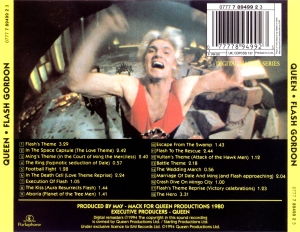
Thematic Developments
The film itself and its archetypes lend themselves totally to a soundtrack such as this. High-camp it may be (and intentionally so), but the only way to convince with the soundtrack is to play it totally straight, and Queen’s almost-prissy accompaniment to scenes of ridiculous spectacle and sci-fi gaudiness is supremely intuitive. Take the hero’s main theme for example; a pulsing and powerful exposition with effective and camp interjections of “Flash!”. Following that, Brian May’s signature sound and some homophonic rhythmic trickery complete the ‘song’, such as it is, but it’s the initial piano-bass-drums throb that makes the most thematic impact. Simple it may be, but it echoes the menace of Williams’ Jaws and a serves as a blank canvas with potential for infinite elaboration.
‘The Love Theme’ is possibly the most sophisticated example of the leitmotif throughout the OST. Quietus scribe, Jimmy Martin, from London experimental band Teeth Of The Sea, has more insight than most into the instrumental sections of Flash Gordon, having performed the soundtrack as a whole, and suggests ‘The Love Theme’ contains depths not usually present in Queen’s material. “The love theme is an example of a deftness of touch which people often forget about in the oeuvre of Queen” says Jimmy, and he’s totally right. On its first hearing in Dr. Zarkov’s space capsule (00:15:39), ‘The Love Theme’ is basically a psychedelic and melancholy series of synthesizer chords. As Flash and his love Dale Arden’s fingers intertwine, we see the earth rotating through the capsule window, in a perfect match of milieu and musical mood. It soon escalates into a light gallop as Roger Taylor’s drums signal the capsule’s approaching the planet Mongo, but the chords persist, reacting very little to the newly-imbued rhythmic direction.
When ‘The Love Theme’ returns later on (00:32:11), Flash is on the verge of being put to death and Timothy Dalton has hilariously just called his girlfriend a bitch. Again, the mood becomes almost hallucinogenic. Dale circles the strung-up, almost-naked Flash, and they talk about their whole predicament being nothing more than a dream. Again, rhythmic direction signifies impending development. In this case, the regular drum beats are diegetic only and come from Ming’s masked henchmen, signalling Flash’s imminent death. That the theme is constantly threatened by rhythm is indicative of the clever understatement Queen employ in their thematic developments.
The most sophisticated use of thematic gesture sees Queen combining two already-established themes. The ‘Battle Theme’ (01:28:23) is one of the defiantly rock moments on the OST, but slots in both the guitar motifs from the original Flash theme (to establish his presence and heroics) and the theme for Vultan (Brian Blessed as a constantly guffawing winged tit) and his flying soldiers. The rock tempo and aesthetic is established by Roger Taylor’s drum intro and Brian May takes care off the riffing, but atop it sits the synthesizers of Vultan’s army and neatly interjected segments of the ‘Flash Theme’. It is the film and the soundtrack’s most triumphant moment, both compositionally and for the way it evokes the recklessness of a load of semi-clad flying beardies attacking a spaceship.
—
More tomorrow…

